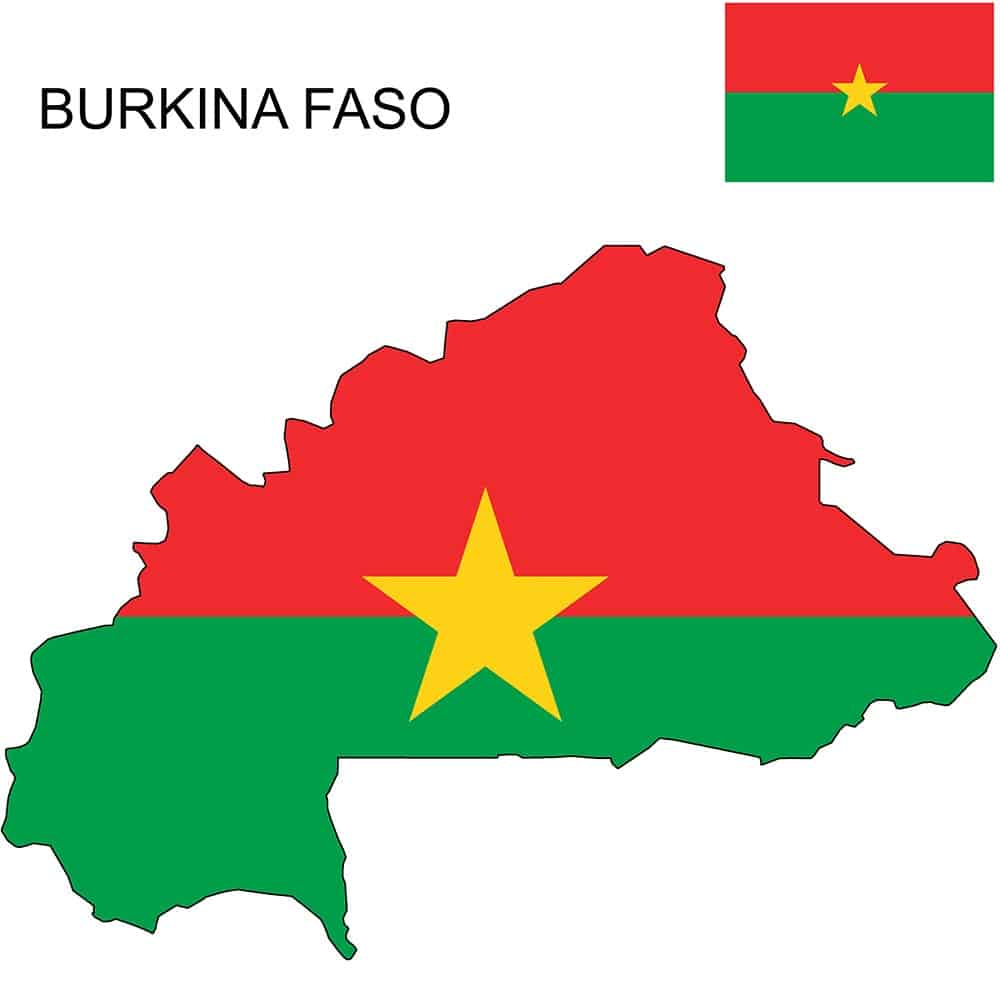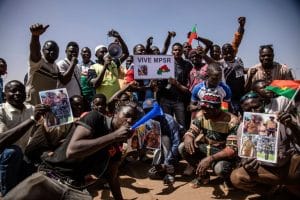Headlines
Burkina Faso: A Land of Rich History and Cultural Diversity

Burkina Faso, a landlocked country in West Africa, was originally known as Upper Volta before adopting its current name in 1984. The country gained independence from France in 1960.
The earliest known inhabitants of Burkina Faso were the Bobo, the Lobi, and the Gurunsi. About the 15th century CE, conquerors on horseback invaded the region from the south and founded the Gurma and Mossi kingdoms, in the eastern and central areas, respectively. Several Mossi kingdoms developed, the most powerful of which was Ouagadougou, located in the center of the country. Headed by an emperor, the morho naba (“great lord”), the Ouagadougou Mossi state defeated attempted invasions by the Songhai and Fulani empires yet maintained valuable commercial links with major western African trading powers, including the Dyula, the Hausa, and the Asante.
See Population, Official Language And More…

Burkina Faso
In 1896, France invaded Burkina Faso during the European Scramble for Africa and established colonial control following a war of conquest between 1896 and 1904. The territory was made part of French West Africa in 1904, and the colony of French Upper Volta was established on March 1st, 1919. After World War II, a reform movement led to Upper Volta’s autonomy within the French Union in 1947. In 1958, Upper Volta became a republic within the French Community. Finally, on August 5th, 1960, Upper Volta declared its independence from France.
In conclusion, Burkina Faso has a rich history that dates back to prehistoric times. The country has undergone significant changes since its establishment as a French colony. Today it is a vibrant nation with a diverse culture that is home to many ethnic groups.
Burkina Faso, a landlocked country in West Africa, was originally known as Upper Volta before adopting its current name in 1984. The country gained independence from France in 1960.
The earliest known inhabitants of Burkina Faso were the Bobo, the Lobi, and the Gurunsi. About the 15th century CE, conquerors on horseback invaded the region from the south and founded the Gurma and Mossi kingdoms, in the eastern and central areas, respectively. Several Mossi kingdoms developed, the most powerful of which was Ouagadougou, located in the center of the country. Headed by an emperor, the morho naba (“great lord”), the Ouagadougou Mossi state defeated attempted invasions by the Songhai and Fulani empires yet maintained valuable commercial links with major western African trading powers, including the Dyula, the Hausa, and the Asante.
In 1896, France invaded Burkina Faso during the European Scramble for Africa and established colonial control following a war of conquest between 1896 and 1904. The territory was made part of French West Africa in 1904, and the colony of French Upper Volta was established on March 1st, 1919. After World War II, a reform movement led to Upper Volta’s autonomy within the French Union in 1947. In 1958, Upper Volta became a republic within the French Community. Finally, on August 5th, 1960, Upper Volta declared its independence from France.
In conclusion, Burkina Faso has a rich history that dates back to prehistoric times. The country has undergone significant changes since its establishment as a French colony. Today it is a vibrant nation with a diverse culture that is home to many ethnic groups.





